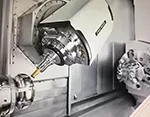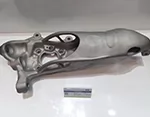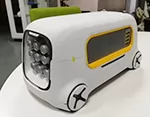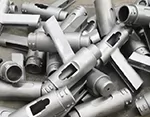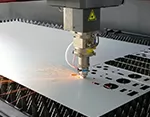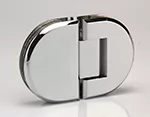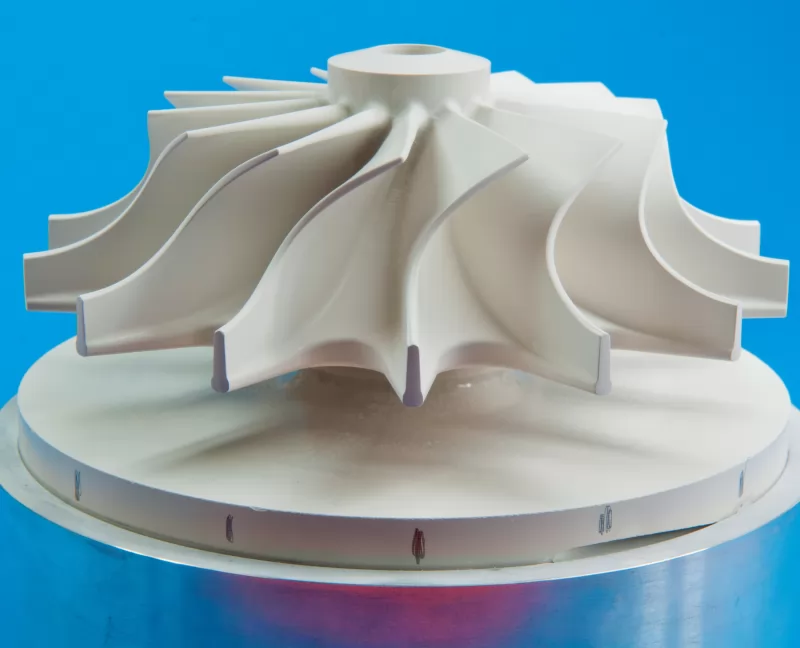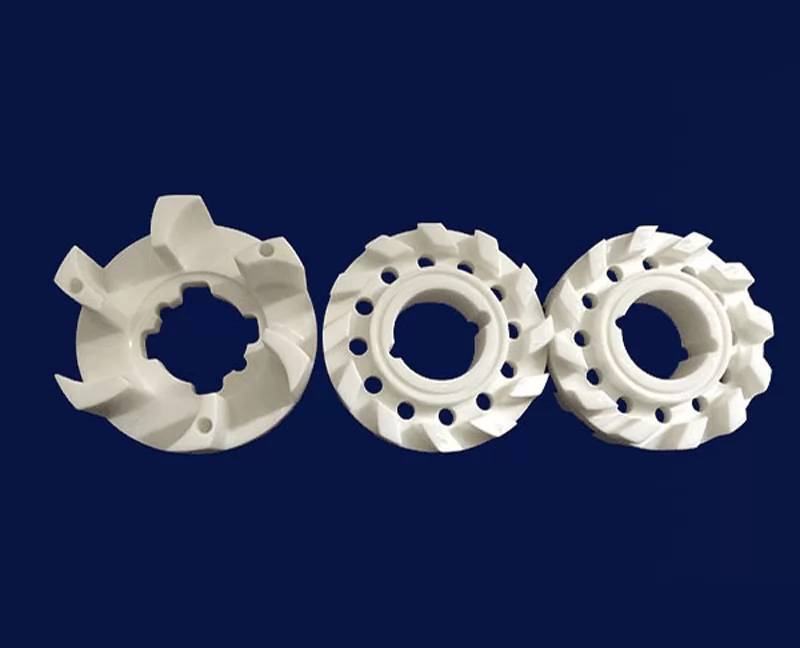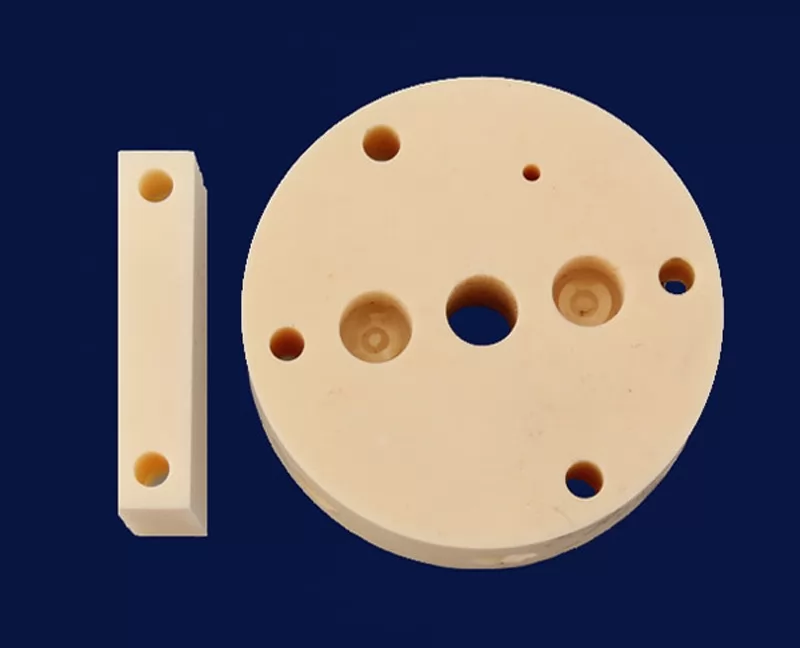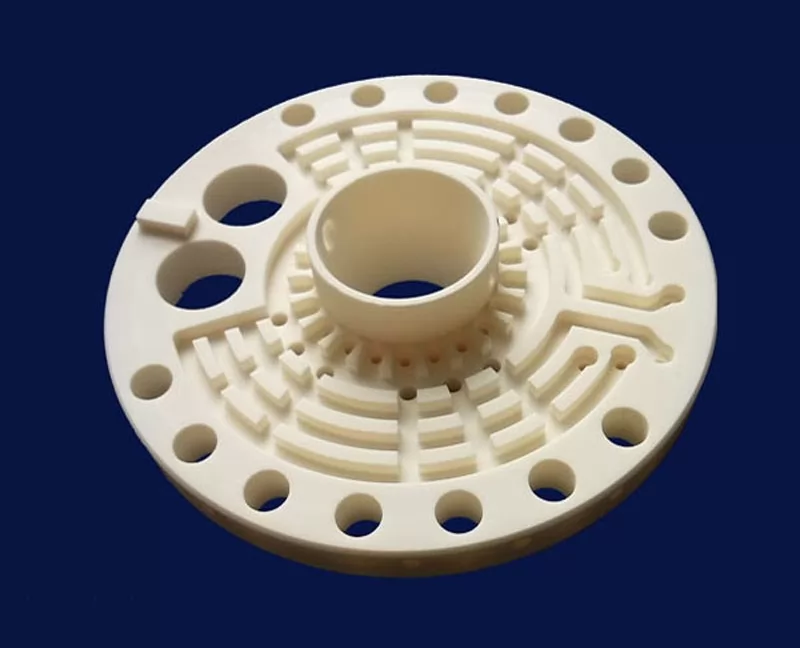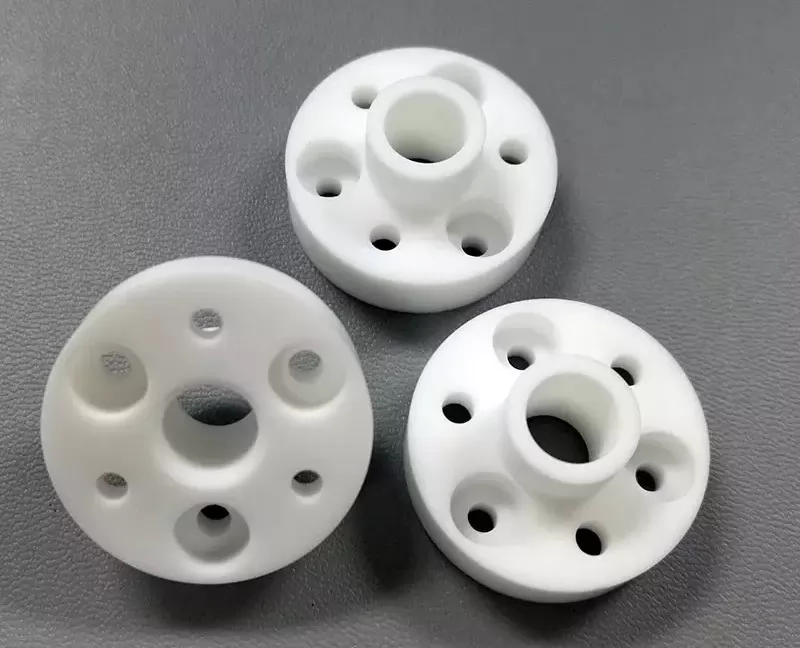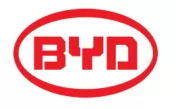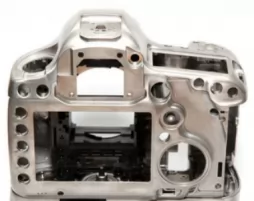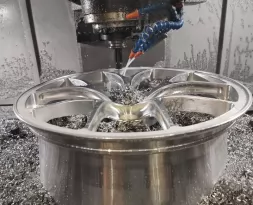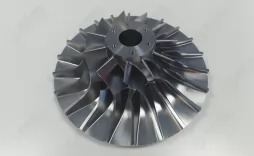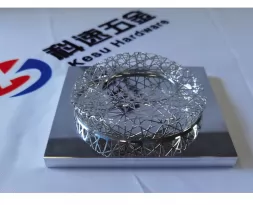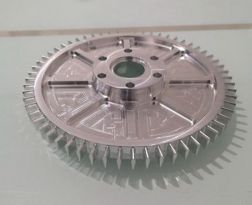-
Service
+
- CNC Precision Machining Service +
- Multi-Axis Simultaneous Machining Service +
- CNC Turning Service +
- Metal 3D Printing Service +
- Rapid Prototyping Service +
- Die Casting Service +
- Sheet Metal Fabrication Service +
-
Finish Serivces
+
- Polishing
- Grinding
- Brushed Finish
- Sand blasting
- Painting
- Powder Painting
- Anodizing
- Hard anodizing Service
- Passivation
- Zinc Plating
- Nickel Plating
- Chrome Plating
- Blackening
- Black Zinc Plating
- Teflon Coating
- Titanium Coating
- DLC Coating
- Laser Marking
- Silk Screen Printing
- Transfer Printing
- Micro Arc Oxidation
- Industries +
- About Us +
- Resource +
- Contact Us
- Quote

-
Service
-
>
-
>
-
>
-
>
-
>
-
>
-
>
-
>
-
- Industries
- About Us
- Resource
- Contact Us
High Precision Ceramics Machining Service in China
Because ceramics have excellent properties such as high hardness, high temperature resistance, corrosion resistance, and wear resistance, and can replace metal materials and organic polymer materials in harsh working environments, they have now become an important material for machining.Ceramic material is one of the earliest materials used by human beings, and it is also the earliest non-natural material used. It has excellent characteristics such as high hardness, high temperature resistance, corrosion resistance and wear resistance. The machining of ceramics is more and more widely used in various fields.
What is ceramic?
Ceramics are inorganic, non-metallic solids composed of metallic or non-metallic compounds that are shaped when soft and then hardened by heating at high temperatures. Ceramic materials are mostly oxides, nitrides, borides and carbides. Ceramics generally have high hardness, but poor plasticity. In addition to being used in food utensils and decoration, ceramics also play an important role in the development of industry and technology.
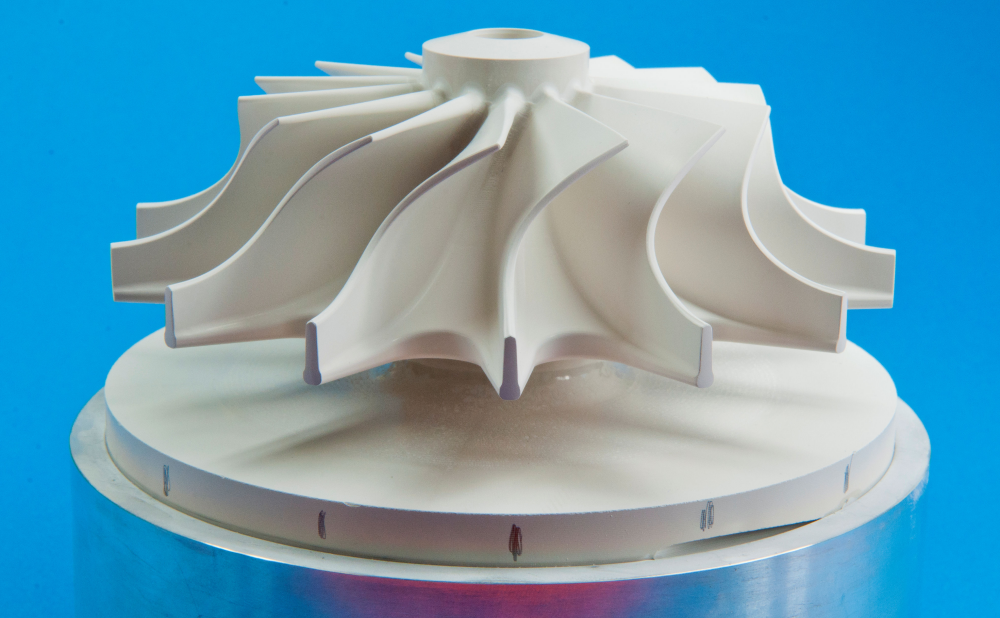
Ceramic
What is ceramic machining?
Ceramic processing is the activity of processing ceramic blanks to make them meet the requirements of drawings. Ceramic machining is a special case of ceramic processing methods that require special machining tools and machining techniques.Ordinary machine shops do not have the capability to machine ceramics.
The ceramics machining mainly includes turning, grinding, drilling, lapping and polishing.
1. For ceramic turning, diamond or cubic boron nitride tools are generally used. Due to the high hardness and brittleness of ceramic materials, turning is difficult to ensure its accuracy requirements and affects processing efficiency, so turning is not widely used, and it is basically still in the research stage.
2. The grinding of ceramics is one of the most widely used machining methods at present. The friction between the diamond grinding needle or the grinding wheel and the workpiece is used to remove the material through plastic deformation, brittle fracture, etc. When grinding ceramic materials, the uneven force during the machining is easy to cause cracks.
3. In the drilling of ceramics, a diamond grinding wheel with a small diameter is used as a special drill bit, and the micro-cutting effect of the abrasive particles at the end of the drill bit is used to achieve the destruction and removal of materials.
4. In some areas of industrial production, grinding alone cannot meet the surface finish requirements of ceramic parts, and grinding and polishing are usually used. Ceramic materials have low toughness and high brittleness, and their strength is easily affected by surface cracks. Therefore, grinding is not only to achieve a certain roughness and high shape accuracy, but also to improve the strength of the workpiece. Polishing is a precision machining that uses a soft polisher and fine-grained abrasives to act on the workpiece at low pressure.
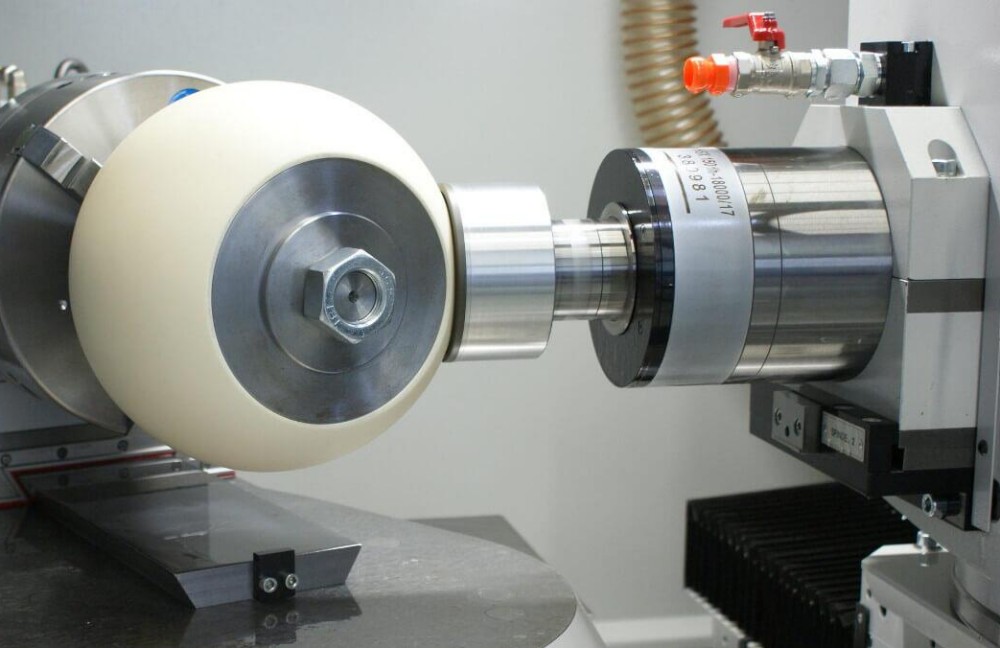
Ceramic Machining
Materials for Ceramic Machining
Ceramics are generally classified according to their chemical properties as metal oxides, such as alumina (Al2O3) and zirconia (ZrO2), or non-oxides, such as carbides, nitrides or borides.Ceramic materials are used in machining to make products lighter, more durable, more efficient, reduce maintenance intervals and reduce the operating costs of products. This is due to their ability to withstand high temperatures, ultra-hard properties and excellent electrical insulation. The following are some common ceramic materials used for ceramic machining:
1. Machinable Aluminum Nitride: This hybrid type of Aluminum Nitride (AlN) ceramic is known for offering high thermal conductivity and mechanical strength.
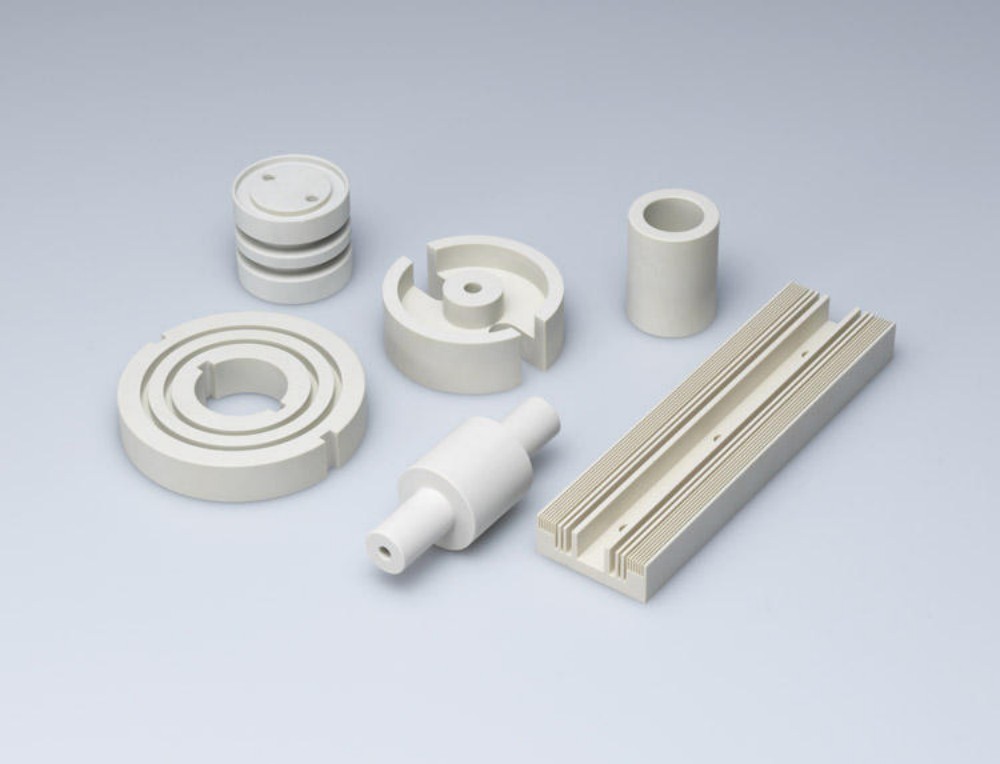
Machinable Aluminum Nitride
2. Boron Nitride (BN): Unlike other traditional ceramic materials, BN is an advanced synthetic ceramic material with very high thermal conductivity. This material comes in solid and powder forms.
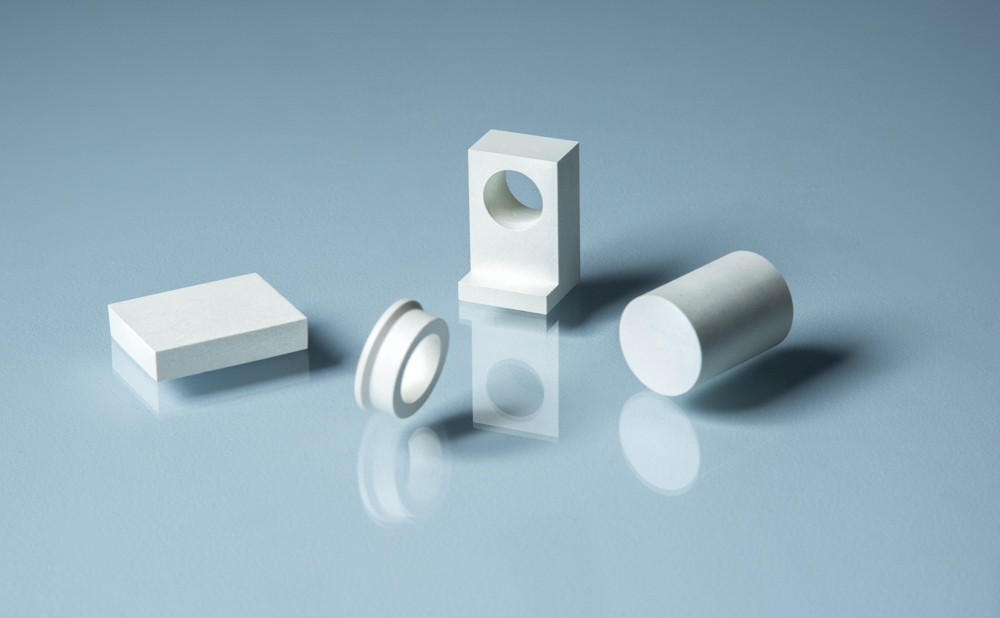
Boron Nitride
3. Silicon Nitride:This is the most versatile of all ceramic materials. It has an excellent combination of thermal, mechanical and electrical properties.
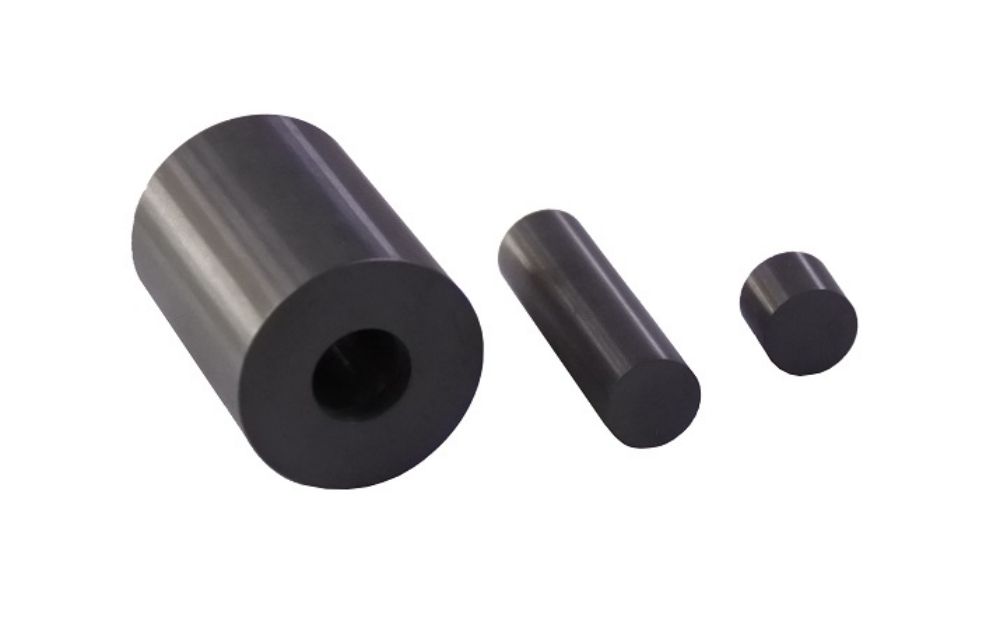
Silicon Nitride
4. Zirconia: Zirconia stands out from traditional ceramics, which are hard and brittle. It offers high flexibility, high strength, and wear resistance.
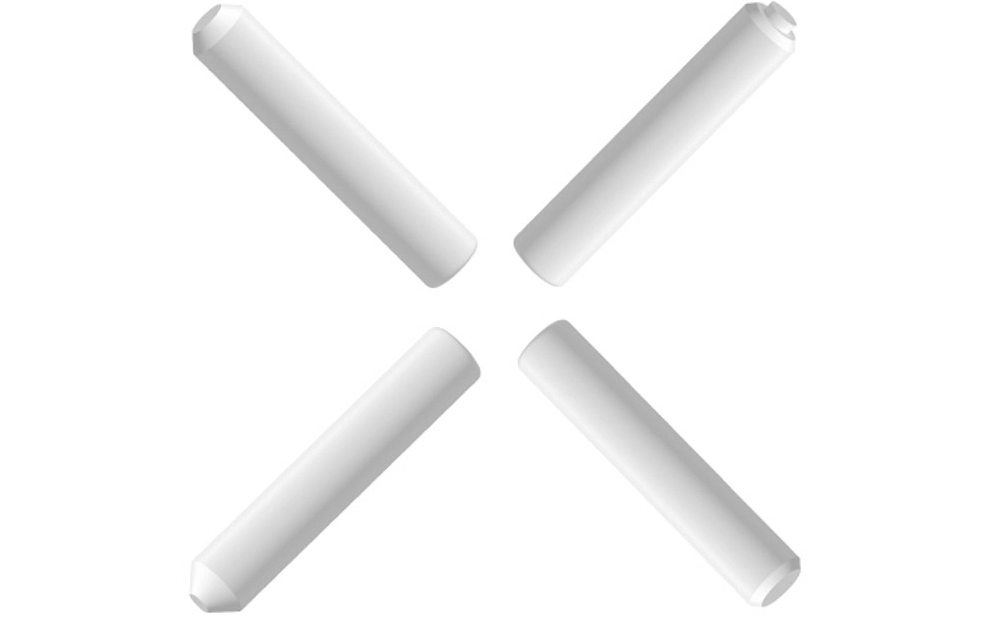
Zirconia
5. Boron Carbide & Silicon Carbide Composite:This ceramic machining material is also known as a black diamond for its black colour and superb hardness.Therefore, it is an important material used for many high-performance applications where extra hardness is required.
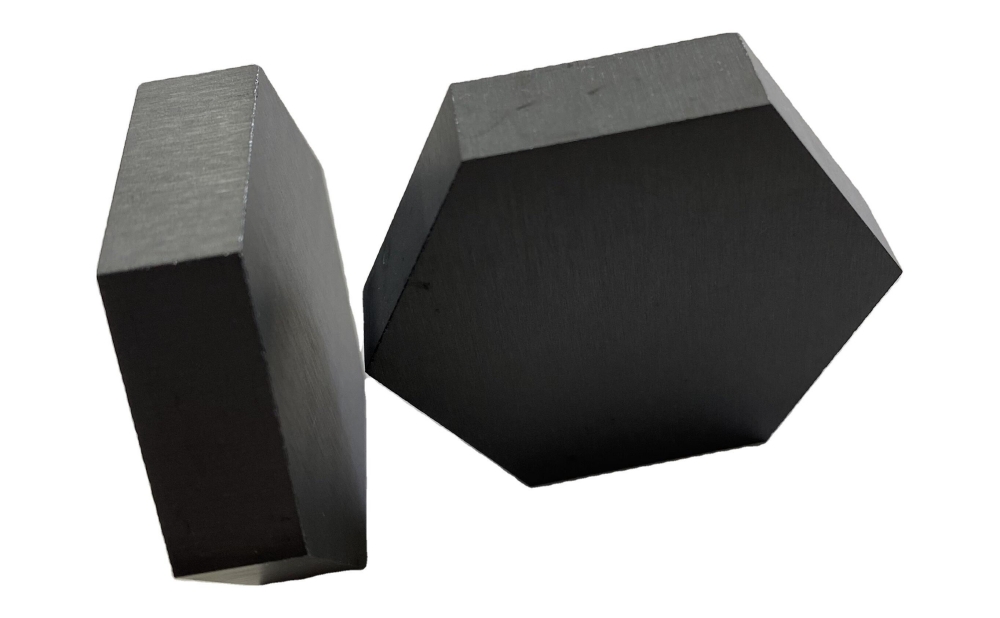
Boron Carbide
Advantages and disadvantages of ceramic machining
Advantages:
1. High hardness, and strength, low density. They have a very high strength-to-density ratio compared to most alloys.
2. Good insulation performance. Ceramics are good electrical insulators, and as such, they have been used to insulate critical wires and assemblies.
3. High refractoriness and thermal stability.Ceramics can withstand very high temperatures.
4. Good tribological properties.Ceramics are durable and less prone to damage. They can withstand repeated and extreme friction.
5. Excellent corrosion resistance.Ceramics are chemically inert, so they resist corrosion and protect sensitive instruments from contamination.
Disadvantages:
1. Low shear and tensile strength. The strength of ceramics is lower than that of metals. Therefore, where high tensile strength is required, metals are often preferred.
2. High brittleness. Ceramics are brittle and have very low ductility.As a result, ceramics can crack when struck by heavy objects and can cause permanent damage.
3. It is difficult to control the dimensional tolerances of ceramics during machining.
The application of ceramics machining
Due to their durability, hardness and strength, and chemical reactivity, the use of ceramics has expanded into various industries such as biomedicine, aerospace, and electronics.
1. Medical Applications
Technicians have used ceramic machining to make many products, such as bioceramics. These special types of ceramics are used as implants in the body without any type of adverse effects.
2. Industrial Applications
Ceramic CNC machining has also found success in areas where machinists need to make complex, high-precision industrial parts. Parts made from ceramics also have high wear resistance which makes them an easy target for parts meant to last for a while.
3. Electronic Applications
Machinists also use ceramic CNC machining for different electrical parts which require a high level of complexity and wear resistance. Due to its electrical insulating properties, it even makes it a better candidate to prevent electrical hazards.
>> Operation Process
1. Contact us with the drawings of your products.
Files formats are accepted when clients send us drawing.
3D: Pro/E, UG
2D: Auto CAD
Accepted file format: .igs, .prt, .stp, .x_t, .dxf, .dwg, .pdf, .jpg, .tif, .bmp, .doc, .xls.
2. Receive our offer. We will send you the quotation sheet as soon as possible.
3. Place the orders.
4. Make payments.
5. Engineers write programs for products.
6. Production.
Machining types: CNC milling, CNC turning, grinding, stamping, bending, welding, die casting, drilling, tapping and injection molding.
CNC machining range:
* Aluminum: 6061, 6063, 6061-T6, 7075, 5052, 2017, 6083.
* Steel: Q215,Q235,10# 15#, 45#, S136, SKD11,718H.
* Copper / brass / bronze.
* Titanium / TC4.
* Plastic: Delrin (POM), Teflon, Nylon, PA, PC, PMMA, Ultem (PEI), PTFE.
* Stainless steel: 303, 304, 316, 430, 420.
Surface treatment: laser engraving LOGO, Anodizing, Sandblasting, Plating chrome, Plating nickel, RoHS zin, Assembly, Welding, Heat treating, and so on.
7. QC checks the quality of machinery machining parts.
8. Packing.
9. Delivery.
>> Equipment
CNC milling machines, CNC turning machines
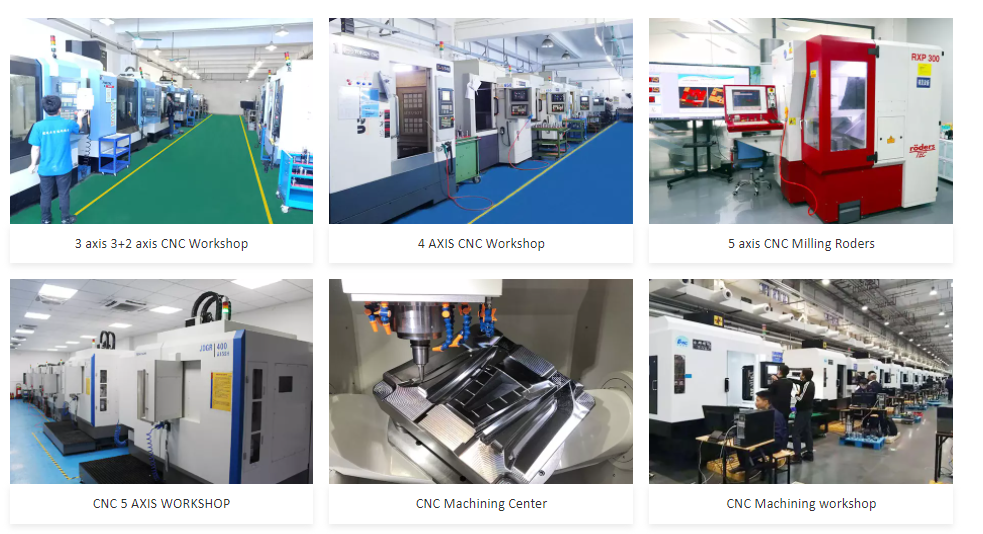
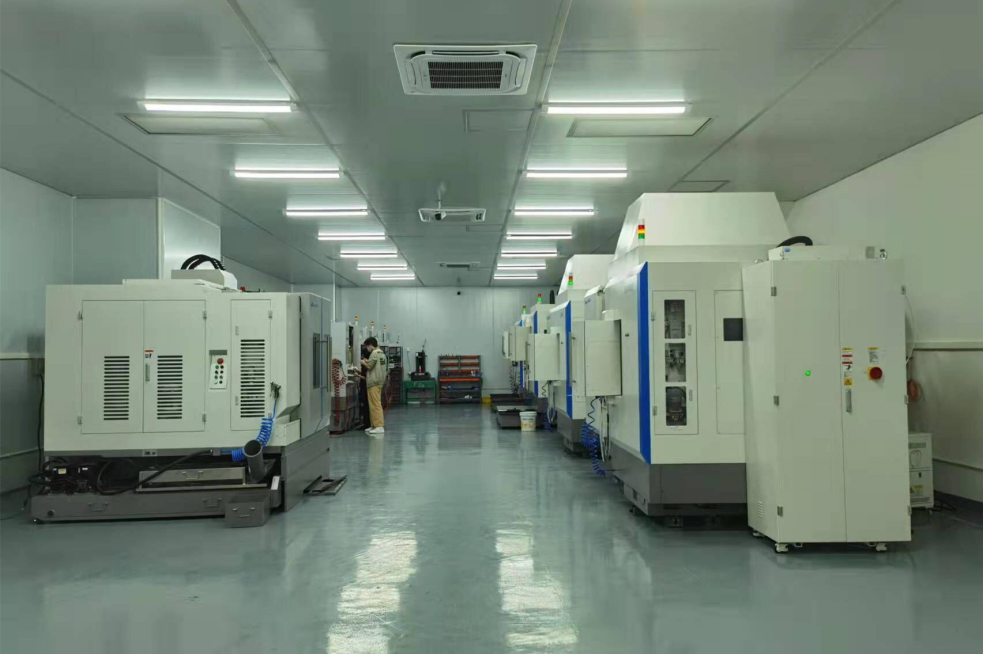
>> Tolerance
Tolerance for the precision machined aluminum parts: ±0.01mm.
>> Our characteristics
1. Our service is from the provision of technical advice, our engineers will take into account all your requirements to choose the best materials and production processes;
2. We have ample material suppliers to meet the supply of bulk or proofing materials;
3. Our engineers will choose the right tool according to the different nature of the material processing;
4. For easy deformation of the material (nylon, copper, etc.) will have a special process processing;
5. Strict quality management, to ensure the provision of high-quality products
For more information and consultation, contact us here!
E-mail: Erin@kesugroup.com

